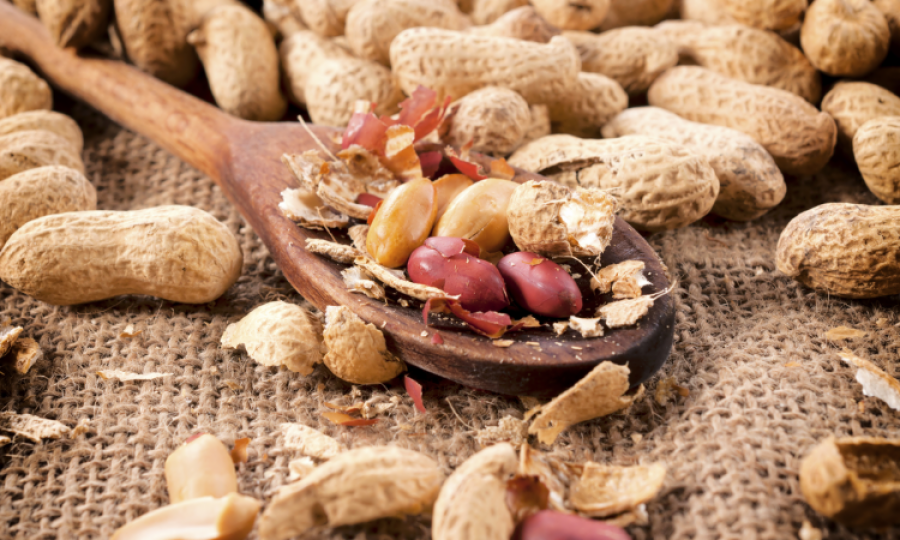Can adding peanuts to diet improve gut health?

PENNSYLVANIA: The human gut microbiome consists of several bacteria which play a role in numerous body systems and functions. New studies conducted at Penn State have revealed that adding peanuts to a diet can positively impact the composition of gut bacteria-an indicator for overall health.
The study
The research conducted by Penn State was published in the journal Clinical Nutrition. A comparison of two groups was made: one group incorporated 28 grams of peanuts per day into their diet and the other one had crackers and cheese. After the observation period of six weeks, the group which consumed peanuts showed an increased amount of Ruminococcaceae- a group of bacteria that plays a role in healthy liver metabolism and immune system- in their faecal samples.
Furthermore, the subjects who consumed peanuts also had increased levels of Roseburia bacteria, which has been related to weight loss and reduced glucose intolerance.
How it works
An external expert, Dr Lona Sandon, associate professor at the Department of Clinical Nutrition, School of Health Professions at U.T. Southwestern Medical Center, remarked, "It appears that Ruminococcaceae increases bacteria that produce butyrate, a short-chain fatty acid that, when produced in higher amounts, may help control appetite, energy balance, and improve blood glucose."
She also mentioned, "In addition to being a source of protein and healthy fats, peanuts are also a source of fiber. Bacteria in the gut feed on fiber. With more fiber in the diet, more bacteria and a greater variety of bacteria can thrive in the gut."
“Polyphenols (in peanuts) are known to promote health in various ways, such as reducing cancer risk or lowering inflammation. It may be that the way in which they work to promote health is through changes in the gut microbiome", she elaborated.
Limitations
The researchers who conducted the study remarked that further research is required to find out how the above bacterias affect overall health.
Dr Sandon also commented on the limited sample sizes and study durations. She said, "This makes it difficult to conclude what might happen long-term. Also, the studies were not specifically looking for health effects but rather aiming to determine how the change in diet affects the microbiome. We cannot make conclusions about impacts on health from these findings.”
Another external source, Dr Dana Ellis Hunnes, assistant professor at UCLA Fielding School of Public Health, and author of Recipe for Survival: What You Can Do to Live a Healthier and More Environmentally Friendly Life, pointed out that the study had a limited focus on just peanuts rather than a wider variety of nuts or legumes. “I would love to see a future study that looks at overall diet quality and not just one specific food or nutrient, otherwise known as “nutritional reductionism” or nutritionism,” she said.
She also highlighted the fact that the study was funded by the peanut industry itself i.e.The Peanut Institute. “ (This doesn’t mean the studies are bad), it just means that they have a stake in the results,” she remarked.
Trending
Popular
Sindh pledges vigorous action to prevent poliovirus transmission
-
PMA stresses health equity on World ...
04:08 PM, 9 Apr, 2024 -
Dow University’s new rabies vaccine ...
12:18 PM, 28 Mar, 2024 -
IRD role lauded in advancing ...
02:53 PM, 12 Mar, 2024 -
Over one billion people worldwide ...
09:48 AM, 5 Mar, 2024




